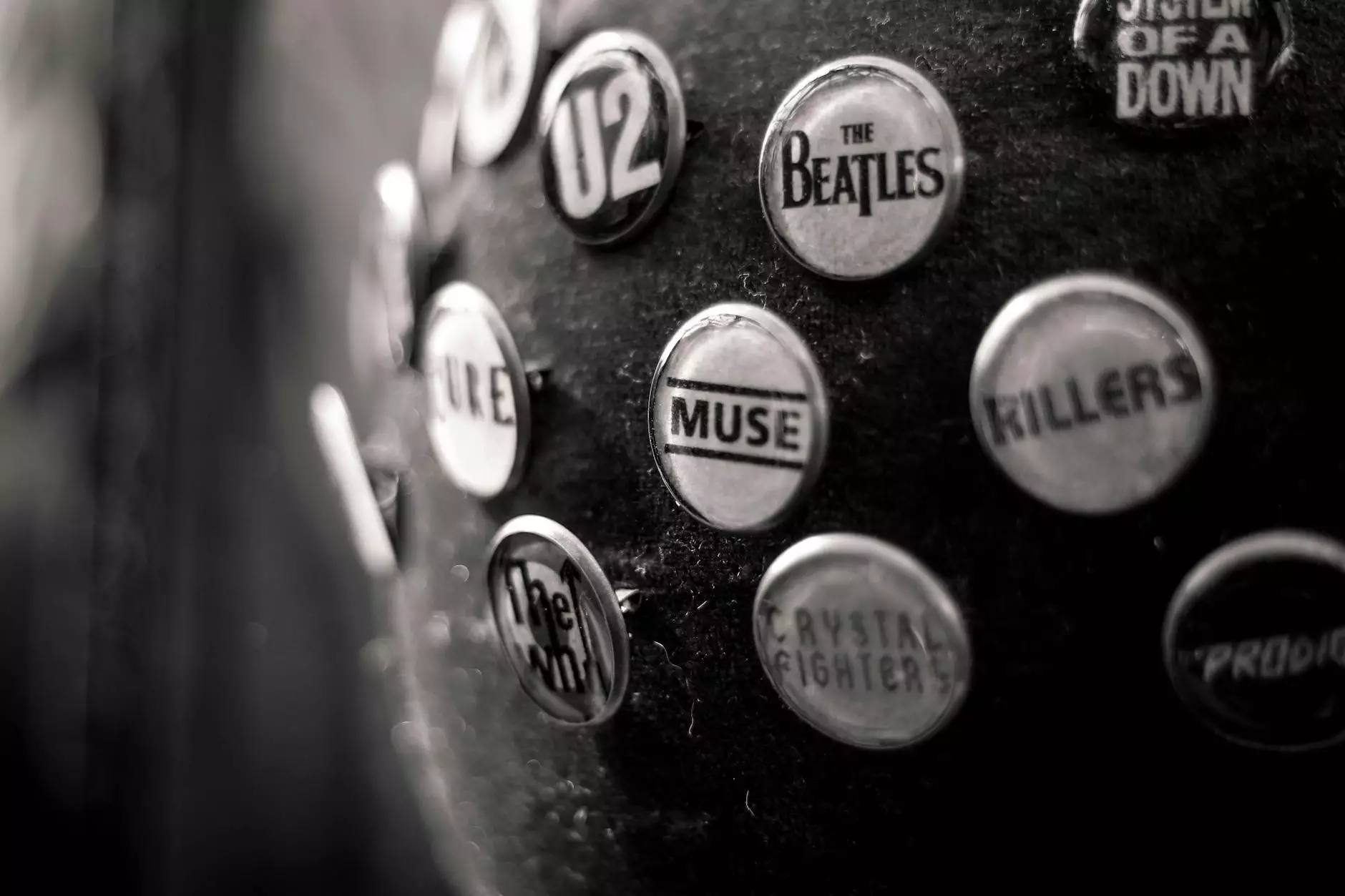The Earlier the Better! Recognizing Autism in Young Children

Introduction
Welcome to Fountain of Hope, a trusted resource in the community. We are dedicated to providing support and guidance to families and individuals facing various challenges. In this article, we will discuss the importance of recognizing autism in young children and the impact early detection can have.
Understanding Autism
Autism spectrum disorder (ASD) is a complex neurodevelopmental condition that affects communication, social interaction, and behavior. It is typically diagnosed in early childhood and persists throughout a person's life. While every individual with autism is unique, early recognition and intervention can greatly improve outcomes.
The Importance of Early Detection
Recognizing the signs of autism in young children is crucial for several reasons. First and foremost, it allows for early intervention, which can help children develop essential skills and overcome challenges associated with autism. The earlier the interventions begin, the better the chances of supporting optimal development.
Secondly, early detection provides families with much-needed answers and understanding. It can help alleviate confusion and empower parents and caregivers to seek appropriate resources and services. Timely identification of autism can also contribute to reducing parental stress and anxiety, as it offers a roadmap for support and access to community networks.
Signs and Symptoms
While autism manifests differently in every child, there are certain common signs and symptoms that parents, caregivers, and healthcare professionals can look out for. It's important to remember that not all children with autism will display the same characteristics, but the following indicators may warrant further evaluation:
- Delayed or atypical speech: Some children with autism may have delayed language development or struggle with speech articulation.
- Difficulties with social interaction: Children with autism may have challenges making eye contact, initiating or maintaining conversations, and interpreting non-verbal cues.
- Repetitive behaviors: Repetitive movements, such as hand-flapping or rocking, and adherence to strict routines are common signs of autism.
- Sensory sensitivities: Individuals with autism may experience sensory sensitivities, such as being oversensitive or undersensitive to certain sounds, textures, smells, or tastes.
- Limited interests or intense focus: Many children with autism exhibit highly specific interests or engage in repetitive activities that they find intensely fascinating.
Support and Resources
If you suspect that your child may be showing signs of autism, it is important to seek professional evaluation and guidance. Fountain of Hope offers a range of resources and support services to help families navigate the journey:
- Diagnostic assessments: Our experienced professionals can conduct thorough evaluations to determine the presence and extent of autism in your child.
- Early intervention programs: We provide early intervention services aimed at helping children with autism develop essential skills, improve communication, and enhance social interaction.
- Parent education and support: Fountain of Hope organizes workshops and support groups to equip parents and caregivers with the knowledge and strategies needed to support their child's unique needs.
- Community engagement: We collaborate with community organizations to promote awareness, acceptance, and inclusion of individuals with autism.
Conclusion
Recognizing autism in young children is an important step towards early intervention and support. Fountain of Hope is here to assist you throughout this process, offering guidance, resources, and a supportive community. By seeking timely evaluation and accessing appropriate services, we can help maximize the potential of children with autism and foster a brighter future for them and their families.









